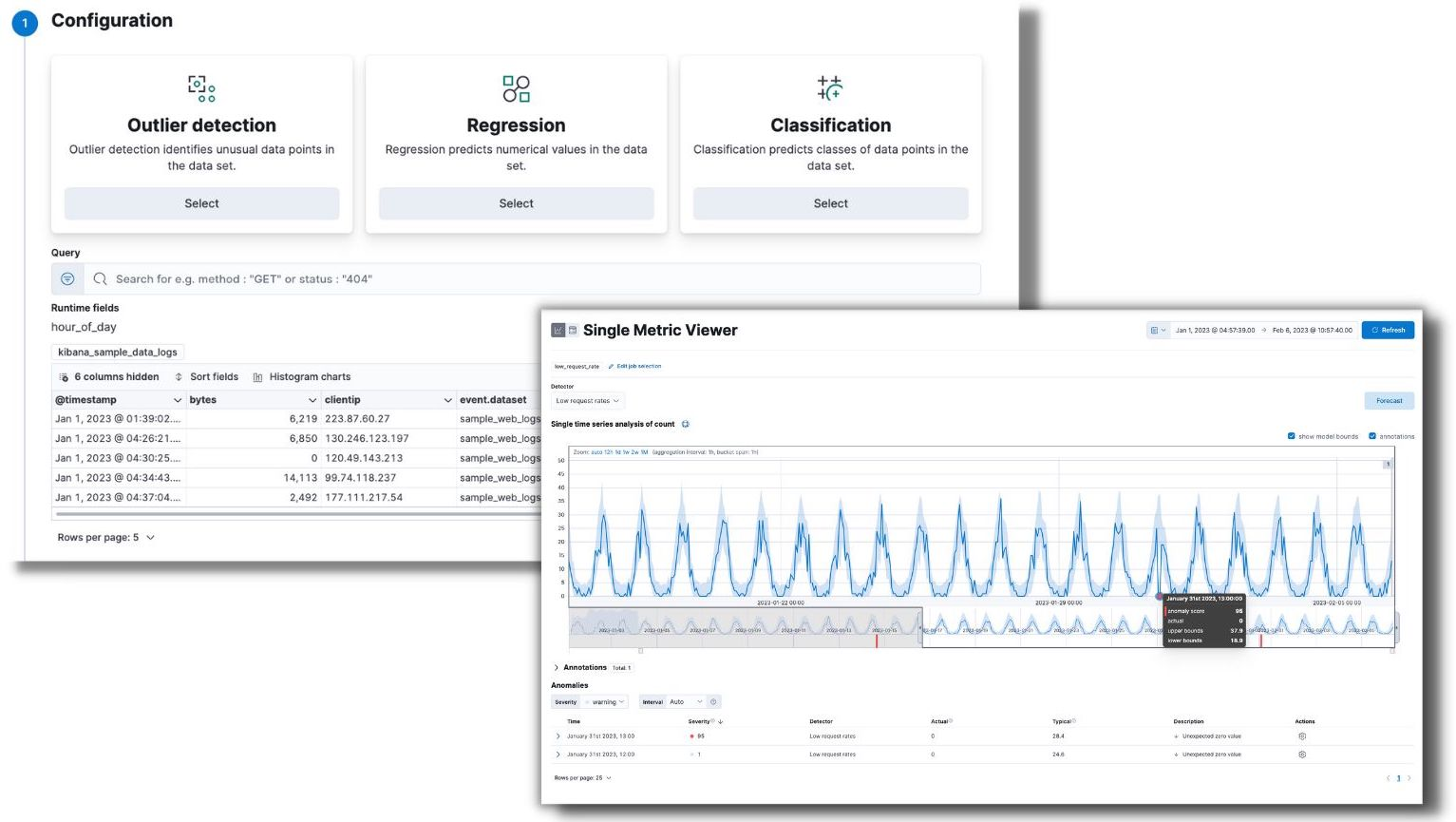Improves application quality
With Elastic Observability, petaFuel has been able streamline the software lifecycle and ensure the quality of applications when they go to production.
Decreases application errors by up to 15 % for data focused applications
With the deployment of Elastic Observability, petaFuel can closely monitor and fine-tune application performance reducing errors by up to 15% for data focused applications, reducing mean time of authorization response.
Reduces credit card fraud by 2 basis points
Machine learning in Elastic Observability helps petaFuel reduce fraudulent credit card transactions and unauthorized payments by two basis points.

Innovative payments provider and credit card processor petaFuel, deploys Elastic Observability for customer behavior insights, application performance, and fraud prevention
petaFuel is a certified payment provider and credit card processor which provides innovative payment software and apps based on advanced technology and security standards. These include its VIMpay app for mobile payments and Styx XS2A, an interface for third parties to use account information services and payment initiation services offered by banks.
Responsibility for software, services and security lies with Ludwig Adam, CTO, petaFuel. "We need to ensure that the services we provide to banks are compatible with market risk and regulations, as well as matching demand for e-commerce, mobile, and multi-channel transactions."
It's a wide-ranging agenda, with no room for error when it comes to the quality and integrity of petaFuel's IT infrastructure and applications. "To monitor and optimize the performance of our systems we deployed Elastic Observability in two key areas of the business," says Adam. Firstly, event detection, which is used to streamline the software lifecycle through log analysis and error detection. "With Elastic we can identify bugs and other software issues as part of the development process and ensure the quality of applications when they go to production," he says.
The second area where Elastic plays a critical role is incident management. Here, event notifications delivered in near real time enable petaFuel to identify unusual or suspicious behavior. But simply noticing an event isn't sufficient. Elastic supports rapid qualification to root out false alarms and prioritize genuine threats. "This is where Elastic really shines," says Adam. "As we consolidate data we can make cross references between incidents, accelerating root cause analysis and minimizing the financial impact of any incidents."
"With Elastic we can identify bugs and other software issues as part of the development process, and ensure the quality of applications when they go to production."
As an early adopter of Elastic, petaFuel is well positioned to compare the platform with other observability solutions. "For log shipping, we built a custom application, but that wasn't scalable enough to meet our expansion goals," says Adam. He also looked at another observability platform, but it soon became clear that it wasn't user friendly enough for petaFuel's developers. "Elastic really blew away the competition and our team adopted it fast, especially when we added Kibana to monitor and visualize logs," says Adam.
Today, event detection and incident management in Elastic supports three critical business and technology activities: customer behavior, application performance management, and fraud prevention.

Ludwig Adam (left), CTO of petaFuel, says the machine learning capabilities of Elastic has been hugely beneficial when it comes to identifying and preventing fraud.
Customer behavior insights
"We initially used Elastic for log shipping and analysis," says Adam. "But we adapted it to other areas by structuring our data with proper fields and a clear taxonomy. This gives us deeper insights into customer and merchant behavior and timelines. For example, how many people are shopping on Amazon at which times, or what people might be buying at gas stations late at night. This gives the necessary insights to adjust monitoring thresholds as fraudulent behaviour is targeted at certain channels, and there is no one-fits-all approach," he says.
For performance management, petaFuel uses Elastic to track its applications. These include insights into runtime, the impact of workloads, and how errors affect the overall performance of the system. "This was a real wow moment," says Adam. "We simply switched on the functionality in Elastic and the information was just there, enabling us to fine tune applications and optimize performance."
"Elastic really blew away the competition, and our team adopted it fast."
Elastic also plays a valuable role monitoring petaFuel databases. Here the challenge is to maintain performance for customers where the number of transactions can vary enormously. "That's something that is difficult to predict in the test environment," says Adam. "But with Elastic, we can identify problems with production databases and take steps to rectify any issues for that customer." This enables petaFuel to stick to its SLAs, especially the time required to authorize card transactions.
Using machine learning to prevent fraud
petaFuel is also using machine learning in Elastic to prevent fraud by screening transactions and detecting unusual behavior. Adam highlights how Elastic helps to prevent 'net fraud' where banks are unable to charge back fraudulent transactions. "That's potentially damaging from the bank's perspective, but with Elastic we can block criminal behavior as it happens and then set up new rules to prevent similar incidents in the future," says Adam. "With Elastic, real-time processing of data using a common schema is hugely beneficial when it comes to identifying and preventing fraud."

Elastic's machine learning capabilities helps petaFuel to find anomalies and outliers, analyze natural language data, and identify areas of interest that helps to prevent fraud.
He also stresses the threat posed by bots and scripts that automate attacks on merchant sites based on stolen card data. Typically, these tools attempt to process small transactions and identify valid cards for large-scale purchases. "Even an experienced employee might take half an hour to react, but by then the damage is done. But with machine learning in Elastic, we can identify suspicious transaction patterns and react almost immediately to shut down a threat," says Adam.
Looking to the future, Adam is keen to take advantage of Elastic's open architecture. "With Elastic APIs, we can capture and manage telemetry data from our interfaces and connectors. We also like the way that you can add new features when you need them. It gives us enormous flexibility going forward."
Then there is the Elastic community and the Elastic support team in the background ensuring that petaFuel are making the most of existing tools and new iterations of the software. "We are a small business, but we always feel that Elastic hears our concerns and addresses them. More than that, Elastic understands our journey to growth and is helping us scale up to any challenges we might face."
